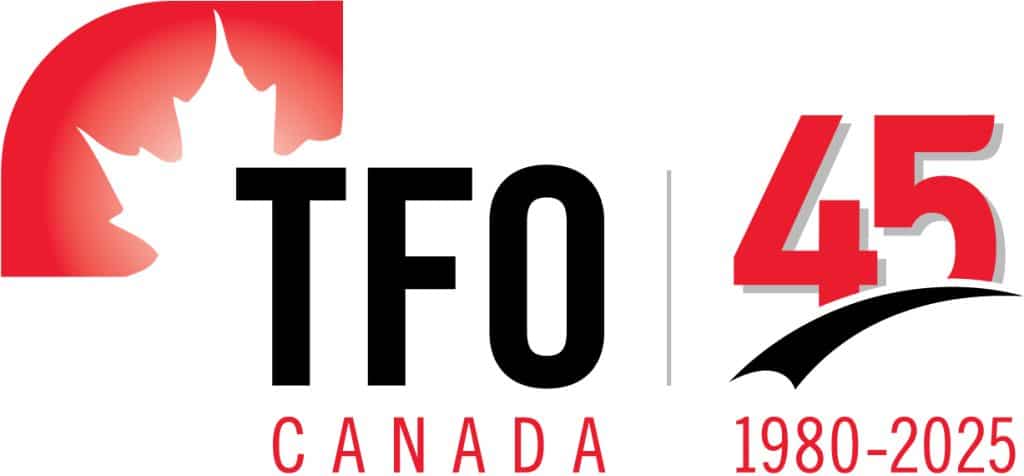The challenge to the global economy and Canadian exporters ultimately depends on the severity and longevity of COVID-19, says EDC
Since December 2019, the world has been closely following the news of the coronavirus, and while the impact on human health has been significant, it’s also taking a toll on small and large companies all over the world who are planning for contingencies and trying to make sense of the virus.
According to Export Development Canada (EDC), the challenge to the global economy and Canadian exporters ultimately depends on the severity and longevity of COVID-19.
EDC’s webinar, “Coronavirus (COVID-19): Managing the impact on global supply chains”, hosted on March 11, provided insight on how Canadian exporters can be prepared to take on the risk of doing business in rapidly changing international markets and what services EDC can offer.
Moderated by Dominique Bergevin, EDC’s manager of commercial markets and small business, the panelists included vice-president and chief economist Peter Hall; senior account manager of commercial markets & small business, Amira Dali; and bank channel director, Rajesh Prashadcolah.
With COVID-19 impacting the global supply chain, Hall stressed that it is important for businesses to have contingency plans in place for key suppliers for liability purposes.
“This may include reviewing some of the existing terms and conditions with your customers, your suppliers and ensuring that the language will protect you from future events,” Hall said.
“When it comes to suppliers, most people think both companies are providing you the raw materials are equipped to ensure operation, but a key supplier can also be your banker advisors.
Added Hall: “It’s important to have these conversations with their partners in advance.”
While the significant decrease in numbers has many feeling fearful of a recession, Hall said that this will not be the reality in the long-term.
“The key message here is that there is a limit to the duress, and there is a limit to duration – and that’s not what the popular medium is generally playing on my channel. It’s very much about fear,” Hall said.
For her part, Dali stressed that it is important to have risk management systems that encourage businesses to be proactive rather than reactive to the hurdles that COVID-19 is imposing.
Risk management strategies should be made of four segments which include: risk avoidance, risk sharing, risk reduction and risk transfer.
Dali also said that is essential for exporters to have insurance plans set up and to have conversations with financial partners prior to a pandemic to understand what financing options are best available.
“No matter what industry that you’re in, there’s a resource available out there, starting with your trades and missionaries,” Dali advised. “The Trade Commissioner Service is a great starting point, whether locally or whether internationally.”
While the repercussions of COVID-19 were events that could not have been foreseen, Hall concluded the webinar by reminding viewers that the experiences of COVID-19 can help them make plans for their business and their third parties moving forward.
“Having contingency plans in place for key suppliers and customers will help mitigate some of that and this may include reviewing some of the existing terms and conditions with your customers, your suppliers and ensuring that the language they will protect you from future events,” Hall said.
